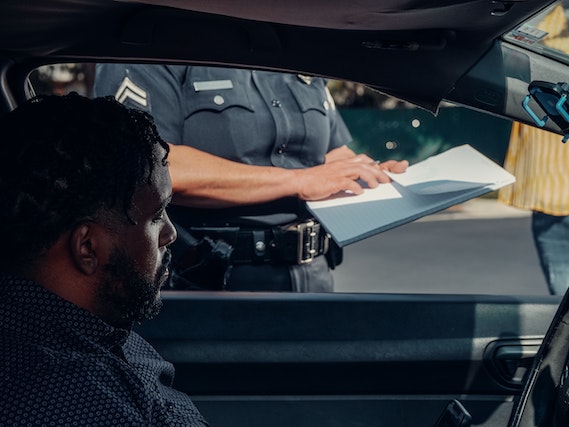The expenses could be devastating if you have no insurance and cause an accident. In addition, most states have penalties for driving without insurance.
Many lenders also require drivers to have insurance coverage before loaning or leasing a vehicle. Learn more about why car insurance is essential and the penalties for not having it.
Fines and Penalties
Except for New Hampshire, every state mandates that drivers maintain a certain level of auto insurance. In most states, this also includes personal injury protection (PIP) or medical payments coverage for the driver’s costs in the event of a collision. Liability insurance often covers bodily harm and property damage to other motorists and passengers.
If caught driving without auto insurance, the penalties vary by state. However, most states will fine you for a first offense and suspend your license or vehicle registration if this is a repeat violation.
Some states also allow police officers to tow uninsured vehicles, and they may even confiscate your vehicle. You may avoid these penalties by maintaining your auto insurance at all times and never letting it lapse.
Medical Expenses
Medical expenses associated with a car accident can quickly become a significant financial burden. These expenses include doctor visits, hospital stays, physical therapy, medication, lost income from missing work, legal fees, and funeral costs.
Auto insurance Newark DE coverage can help cover these initial medical bills. This coverage also helps to pay for health care insurance deductibles and copays.
Without medical payments coverage, an injured driver must rely on the at-fault driver’s bodily injury liability coverage (or their policy for uninsured drivers) to pay their medical expenses. This can be a lengthy process and may result in a partial reimbursement. Moreover, an injured driver could miss out on future income from working and even be forced to retire early.
Property Damage
Property damage coverage pays to repair or replace other drivers’ vehicles when you cause an accident. It’s typically part of your car insurance policy’s liability coverage and may be included in your uninsured motorist (UM) coverage.
Suppose another driver crashes into your car and causes $150,000 in damage. If that driver has only $50,000 of property damage coverage and you have $100,000 in UM coverage, your insurer will pay up to your limit and then seek recovery from the at-fault driver.
Property damage claims generally cost less than bodily injury claims, and adding extra property damage coverage to your car insurance typically only costs a few dollars per month. However, it would help if you always considered reducing your comprehensive deductible to lower the risk and increase your coverage limit.
Legal Expenses
Without insurance, a first offense in New York can result in fines ranging from $150 to $1,500. The Department of Motor Vehicles will revoke your license and registration until you obtain auto insurance, and your automobile may also be confiscated.
Many states have assigned risk programs to assist drivers with a history of accidents and violations in finding insurance coverage. These programs are usually more expensive than traditional policies, but they will help you drive legally and avoid other complications from being uninsured.
In addition, most car dealerships require proof of insurance before you can buy a vehicle. If you lease or finance your car, your lender can also require insurance. These expenses quickly pile up and are frequently substantially higher than the annual premium for basic auto insurance coverage.
Injuries
The penalties you pay for driving without auto insurance may be more severe than you realize. Often, the costs associated with injuries and property damage far exceed the minimum coverage required by your state.
Regardless of who was at blame for the collision, drivers in jurisdictions with no-fault insurance rules are responsible for covering their medical expenses and the cost of car repairs. This can quickly add up and be financially devastating for uninsured people.
Bodily injury liability coverage pays for the losses of anyone you allow to drive your car, including your passengers, and can also cover injuries or death sustained by pedestrians. It’s a requirement in most states. Property damage liability is another requirement, covering the cost to repair or replace another person’s car if you cause an accident.




